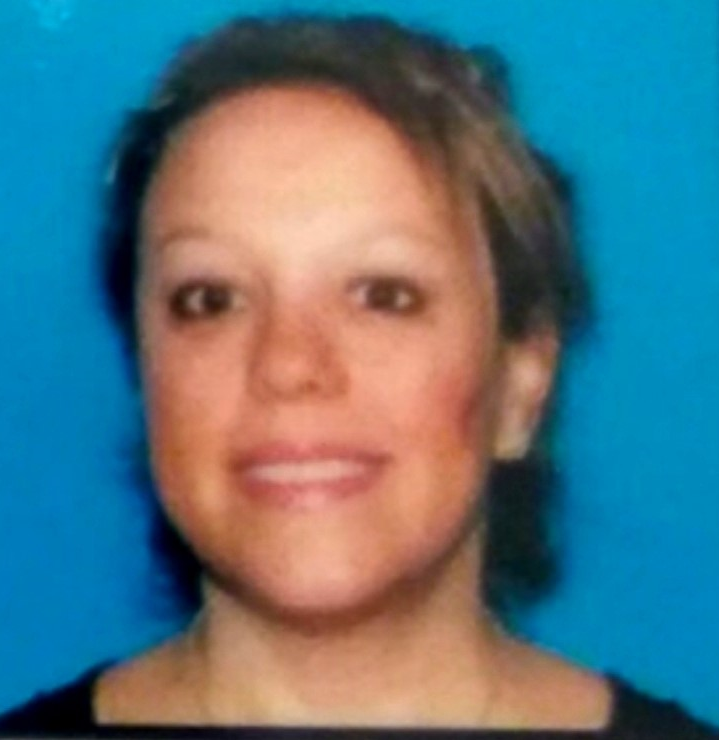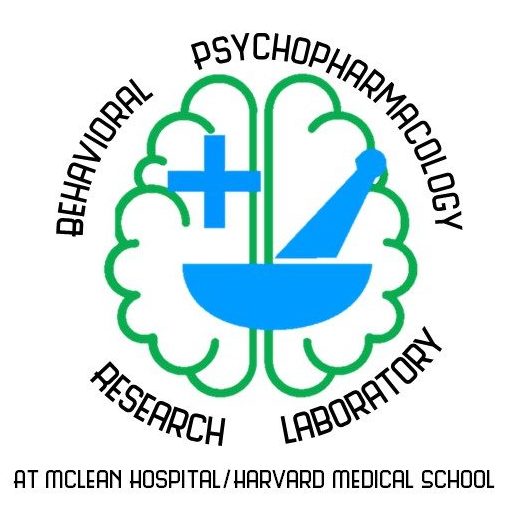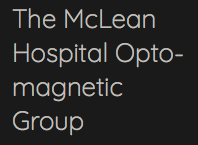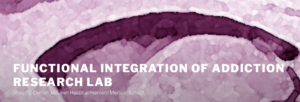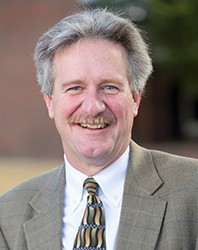
Scott Lukas, Ph.D.
Director, Behavioral Psychopharmacology Research Laboratory
Director, McLean Imaging Center
Research Director, McLean Sleep Diagnostic and Treatment Laboratory
Scott E. Lukas received his PhD in pharmacology and toxicology in 1979 from the University of Maryland. After a post-doctoral fellowship at Johns Hopkins University, he joined NIDA Addiction Research Center for 18 months before moving
to McLean in 1984. Promoted to professor in 2003, Dr. Lukas directs the McLean Imaging Center, the Behavioral Psychopharmacology Research Laboratory, and a NIDA T32 Post-Doctoral Training Program. He chaired NIDA-K study section
for 10 years, was president of the College on Problems of Drug Dependence and has won numerous mentoring awards.
John Rodolico, Ph.D.
Psychologist
John Rodolico, PhD, is committed to using evidence-based treatments to help people with substance use disorders across the life span and his experience working with adolescent addictions spans over 30 years. His main area of research
is motivational psychology and evidence-based treatments for co-occurring disorders. Dr. Rodolico also has an extensive teaching history over the past two decades, supervising clinical psychology interns, post-doctoral fellows, and
child and adolescent psychiatry fellows. He has given numerous presentations, group consultations, and trainings on substance use disorders, motivational interviewing, and suicide prevention with military personnel.

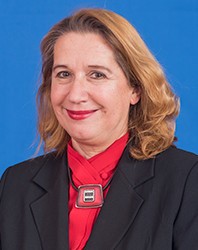
Gordana Vitaliano, M.D., Ph.D.
Study Physician
Gordana D. Vitaliano, MD, PhD, is the director of the Brain Imaging Nanotechnology Group, a psychiatrist in the Behavioral Psychopharmacology Research Laboratory, and the medical director of the Developmental Biopsychiatry Research
Program at McLean Hospital. Dr. Vitaliano’s research is focused on designing nanotechnology, biomolecular nanorobots, nanolasers, biosensors, molecular imaging tools, and drug delivery systems that can efficiently cross the blood-brain
barrier, and diagnose and treat neuropsychiatric disorders better than existing biotechnologies. Her clinical and research work has led to grant funding from the National Institute on Drug Abuse, National Institute of Mental Health,
NARSAD, the Sidney R. Baer Jr. and Taplin Foundations, and four issued and 12 pending patents.
David P. Olson, M.D., Ph.D.
Medical/Clinical Director, Study Physician
David Olson, is the medical/clinical director of the McLean Imaging Center. He has a background in computational and theoretical physics, inpatient psychiatric care of medically complex patients, and outpatient treatment of patients
with complex PTSD, dissociative and affective disorders. He has research interests in magnetic resonance imaging and magnetic resonance spectroscopic methods applied to psychiatric illness. His imaging research activities have been
supported by the National Science Foundation, NARSAD, and on collaborative projects by the National Institute of Mental Health.

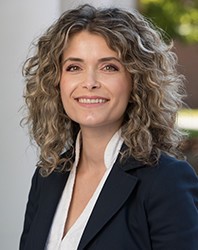
Manjola Ujkaj, M.D., Ph.D
Psychiatrist, Consulting Study Physician
Manjola Ujkaj, MD, PhD, focuses her clinical interests on psychopharmacological and neurotherapeutic approaches to treatment-resistant mood disorders. Dr. Ujkaj’s early research activity focused on the epidemiology of depression
and cognitive disorders in the geriatric population. Later on she investigated safety and efficacy of electroconvulsive therapy for the treatment of the neuropsychological and behavioral complications of dementia. More recently Dr.
Ujkaj’s research focus has been on investigating the neurobiological effects of ECT through means of magnetic resonance spectroscopy in patient with treatment-resistant depression.
Jane F. McNeil, M.H.P
Chemist
B.A., Biology, Master of Health Professions (M.H.P.), and TC #2145 (NRCC-Toxicological Chemist)
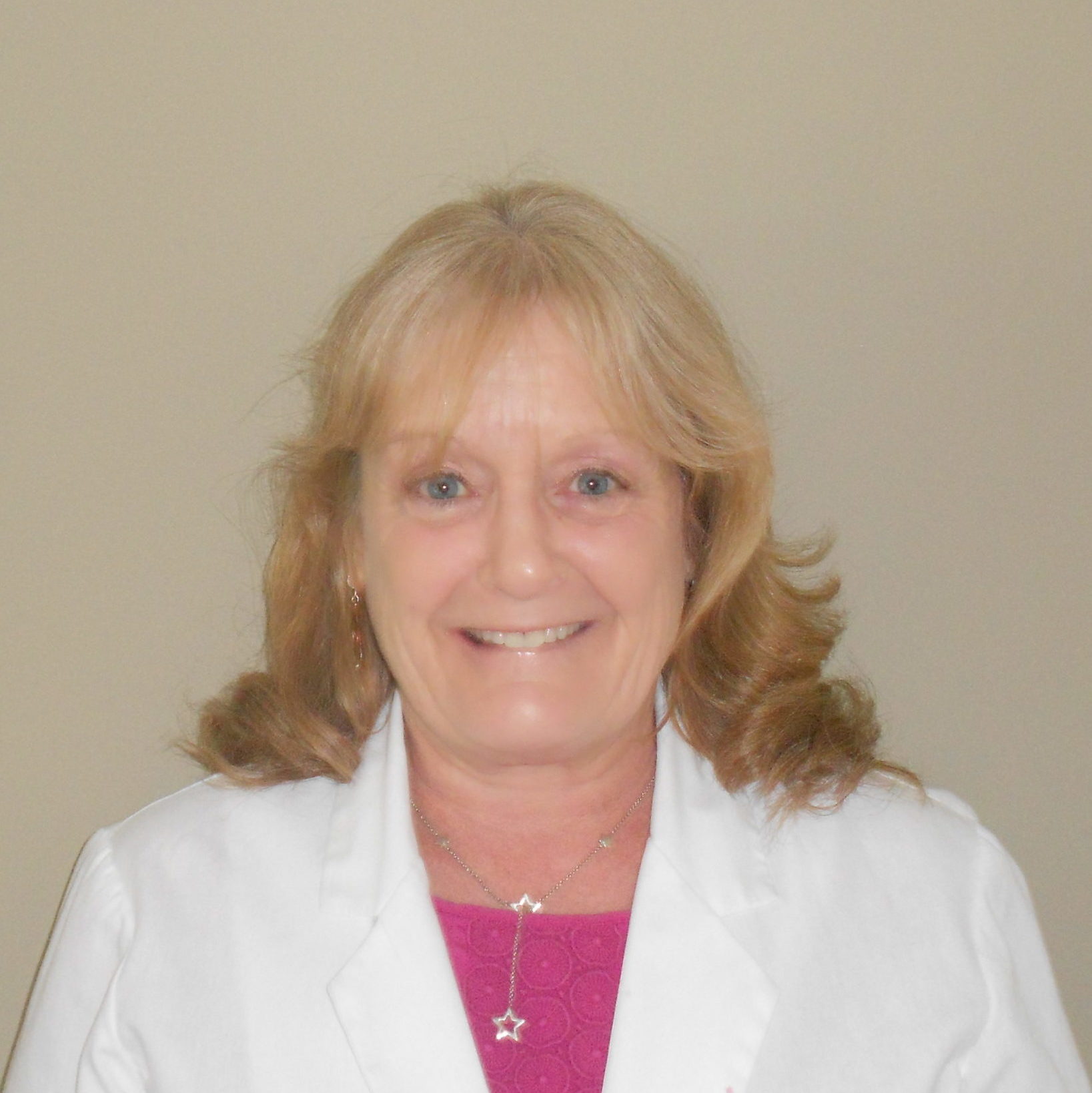

Wendy Tartarini, M.A
Senior Research Coordinator
Clinical Director of the Sleep Diagnostic and Treatment Laboratory
Collaborating Researchers
McLean Sleep Diagnostic and Treatment Laboratory
Directors: Scott E. Lukas, Ph.D. & Wendy Tartarini, M.A.
A two-bed sleep research lab is located on the ground floor of the McLean Imaging Center. A central control room houses the computerized polysomnographic computer systems that includes one Alice® IV, one Alice® V and one Somnologica
tower systems. In addition, we have four home monitoring sleep systems including two Alice® PDX Portable Sleep Diagnostic Systems and SOMNtouch RESP and SOMNOscreen plus PSG + Tele from SOMNOmedics. These systems allow use to conduct
remote monitored sleep studies either for diagnostic purposes or for research. All computers are networked and data can be converted and transferred to either machine on the network. A participant preparation room is located down
the hall. Both bedrooms are equipped with bed, dresser, desk, and TV, and the room is decorated to resemble a home-like setting. Both have an infrared lighting system and a low light CCD camera in order to maintain visual contact
with the participants while sleeping, and a two-way intercom provides audio contact. All electrodes, belts, transducers, and sensors are available to record a full sleep montage and all cardiac and respiratory measures including
EKG, oral/nasal flow, nasal pressure, thoracic effort, abdominal effort and oxygen saturation.
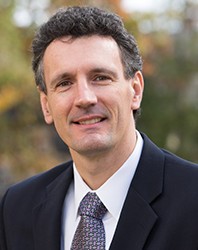
Diego A. Pizzagalli, Ph.D.
Director, Center for Depression, Anxiety, and Stress
Director, McLean Imaging Center
Diego A. Pizzagalli, PhD, is founding director of the Center for Depression, Anxiety and Stress Research, director of the McLean Imaging Center, director of the Laboratory for Translational and Affective Neuroscience, and director
of research for the Center of Excellence in Depression and Anxiety Disorders at McLean Hospital, and is a professor of psychiatry at Harvard Medical School. He is an internationally known expert on the neurobiology of depression,
and has made major contributions toward the identification of biomarkers of depression and treatment response.
Stephen J. Kohut, Ph.D.
Director, Laboratory of Behavioral Neuroimaging
Stephen J. Kohut, PhD, focuses his research primarily on two main interacting lines of investigation: understanding how alterations in underlying neurobiology alter behavioral responses to drugs, especially stimulants and opioids,
and medications discovery for drug abuse and addiction. Dr. Kohut’s current research, funded by several awards from the National Institute on Drug Abuse, combines behavioral pharmacology with cutting-edge neuroimaging methodologies
to understand the neural consequences of drug-taking behavior and the extent to which they can be mitigated by behavioral and pharmacological interventions.

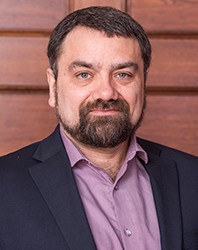
Blaise deB. Frederick, Ph.D.
Director, Opto-Magnetic Group
Blaise deB. Frederick, PhD, is an associate professor in psychiatry at Harvard Medical School and an associate biophysicist at McLean Hospital. He is also director of the Technical and Instrumentation Core at the McLean Imaging Center.
He received a BS in physics from Yale University and a PhD in biophysics from the University of California at Berkeley. His training is in MR physics and his PhD thesis is entitled “Three Dimensional Nuclear Magnetic Resonance Spectroscopic
Imaging of Sodium Ions Using Stochastic Excitation and Oscillating Gradients.”
Staci Gruber, Ph.D.
Director, Cognitive and Clinical Neuroimaging Core
Staci Gruber, PhD, is the director of the Cognitive and Clinical Neuroimaging Core and director of the Marijuana Investigations for Neuroscientific Discovery (MIND) program at McLean Hospital. She is an associate professor of psychiatry
at Harvard Medical School. Her research focuses on the application of neurocognitive models and neuroimaging to better characterize risk factors for substance misuse and psychiatric conditions.
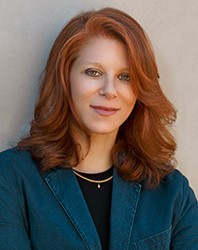

Amy C. Janes, Ph.D.
Director, Functional Integration of Addiction Research Laboratory
Amy C. Janes, PhD, directs the Functional Integration of Addiction Research Laboratory at the McLean Imaging Center. While she began her research career studying addiction in preclinical models, her current NIH-funded research uses
clinical neuroimaging to clarify how individual differences in brain function, chemistry, and structure influence drug use and relapse. She also uses these tools to clarify links between drug use and psychopathology, with the goal
of using neuroscience to inform personalized treatment development.
David Yue-Wei Lee, Ph.D.
Director, Bio-Organic and Natural Products Research Laboratory
Dr. Lee has worked on numerous drug discovery projects related to traditional Chinese medicine, contributing significantly to the development of alternative therapies for substance abuse and for osteoarthritis. He is the principal
investigator on “Alternative Therapies for Alcohol and Drug Abuse,” a program project grant funded by the National Institutes of Health. Under this program, several isoflavone glycosides have been identified and assessed in animal
models of alcoholism, leading to good efficacy and safety profile in reducing alcohol consumption in Phase II clinical trials in the U.S.

NIDA T32 Postdoctoral Fellows

Julie McCarthy, Ph.D.
Julie M. McCarthy, PhD, is clinician-scientist at the McLean Imaging Center. Her research aims to identify neurobiological and psychosocial treatment targets for individuals with co-occurring psychotic and substance use disorders.
She is particularly interested in using a multimodal approach to better understand and reduce barriers to motivation, including stress, cognitive control difficulties, and anhedonia, with the goal of enhancing motivation for recovery-oriented
behavior change.
Arkadiy Maksimovskiy, Ph.D
T32 Postdoctoral Fellow
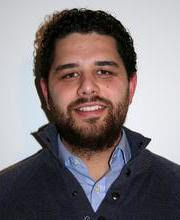
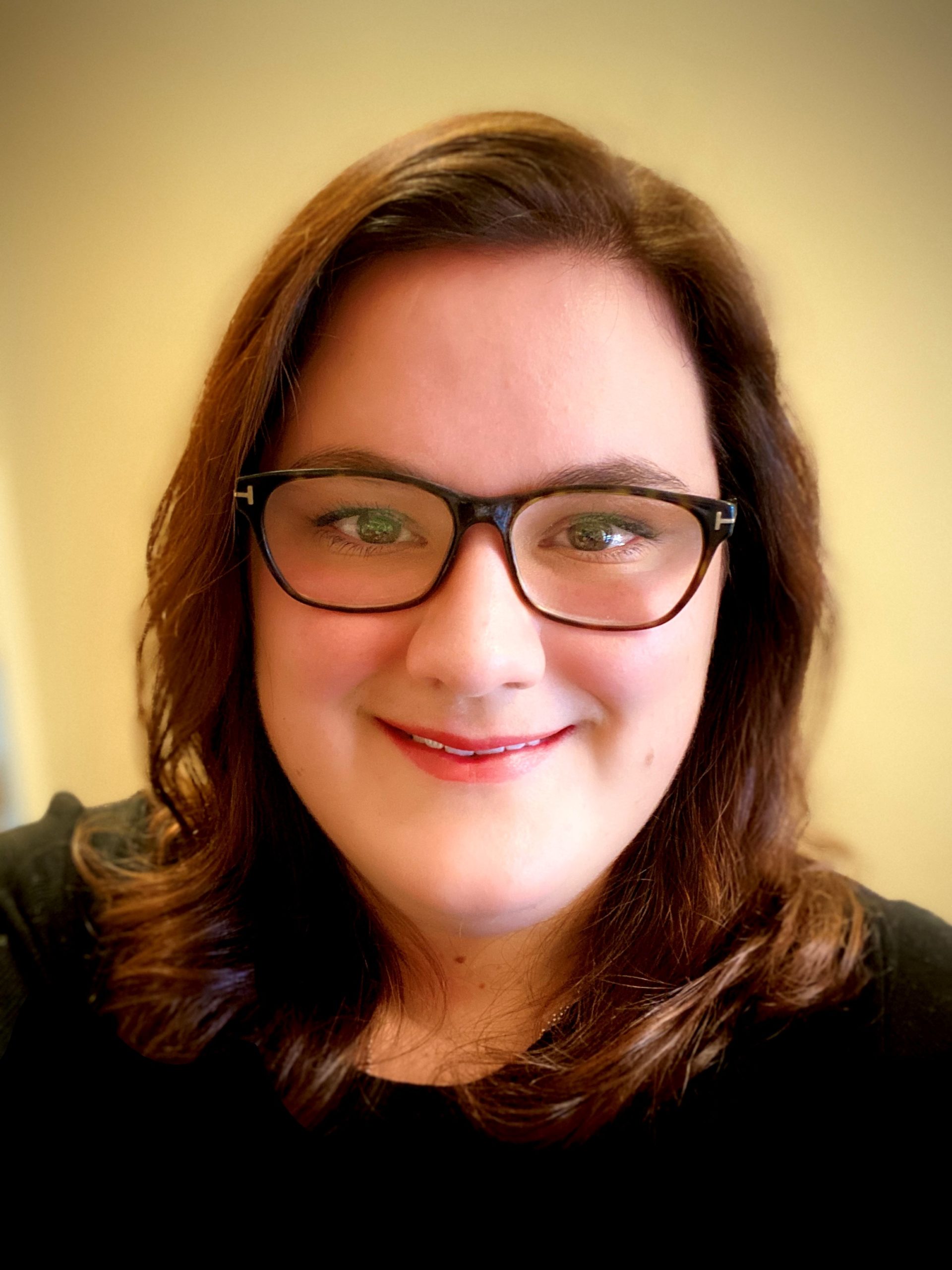
Laura Murray, Ph.D
Laura Murray, Ph.D., completed her Ph.D. in clinical psychology from the University of Michigan and her clinical psychology internship at Alpert Medical School at Brown University. Her research examines the role of reward processing
in the development and persistence of externalizing psychopathology (e.g., antisocial behavior, psychopathy, substance use). Her dissertation investigated the relationships between components of antisocial behavior (e.g., callous-unemotional
traits, delinquency, and disinhibition) and dysfunctional neural response to reward and punishment in youth at risk for antisocial behavior.
Fernando de Moura, Ph.D.
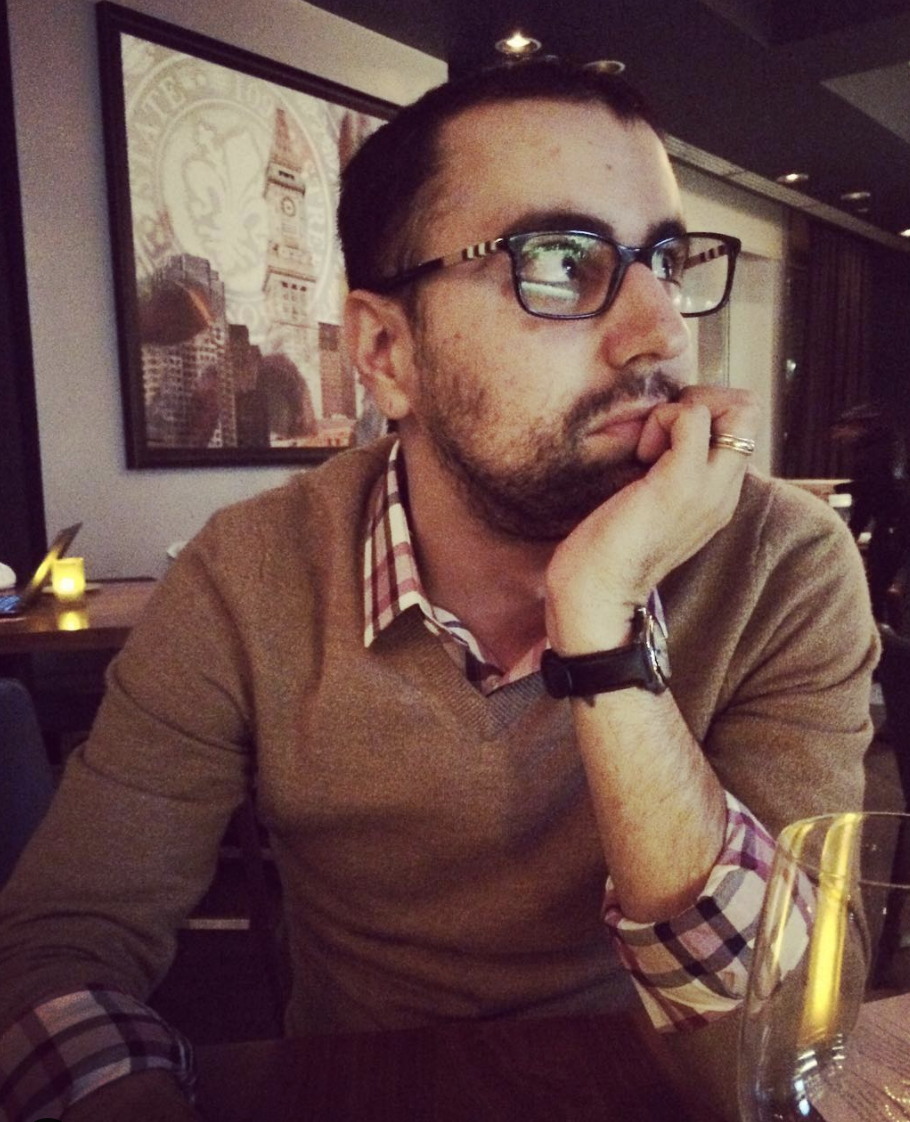

James M. Maurer, Ph.D.
Clinical Research Assistants & Technologists
Jessica Tiber, B.A
Clinical Research Assistant II


Ivan Kane
Clinical Research Assistant II
Sharon Heffernan, PSG, T. RST
Senior Chief Polysomnographic Technologist
Sleep & Research Lab, McLean Hospital
